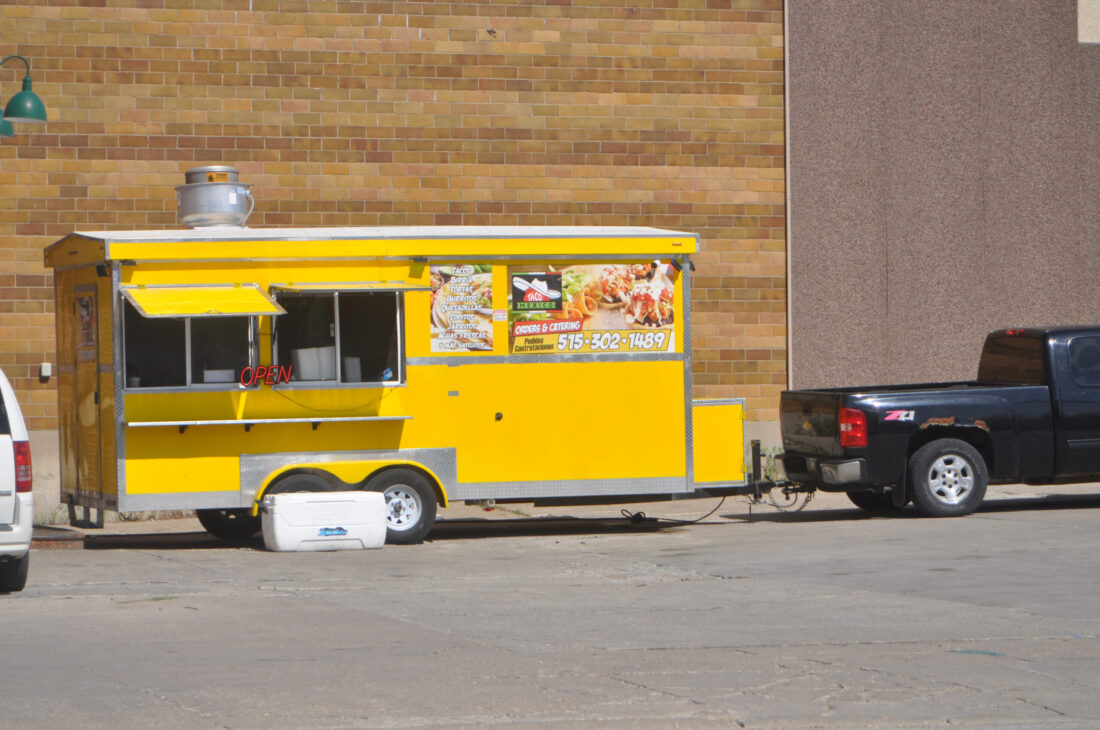Entering the vibrant world of street food by launching a food truck is an exciting venture that combines culinary passion with entrepreneurial spirit. However, transforming your dream into a rolling restaurant requires more than just an appetizing menu; it necessitates a carefully crafted vehicle built to handle the rigors of the road and the demands of a kitchen. This guide outlines the essential steps to work with food truck manufacturers and builders, ensuring your mobile eatery is not only functional ut also compliant and captivating. If you find these tips daunting, remember, you can always call a professional.
Understand Your Concept and Needs
Before reaching out to a manufacturer, clarify your food truck concept. The type of cuisine you plan to serve directly influences the equipment and space you need. A pizza truck, for example, requires different specifications and equipment than a coffee or ice cream truck. Additionally, consider the size and layout that will best support your operations, from cooking and prep areas to order and pickup windows.
Select the Right Food Truck Manufacturer
Choosing a manufacturer experienced in building food trucks is crucial. Look for companies with a solid track record of working with food businesses, ensuring they understand the intricacies of health codes, safety regulations, and kitchen flow. Ask for references and inspect their previous projects to gauge their quality and craftsmanship.
Plan Your Kitchen for Efficiency and Compliance
The heart of your food truck is its kitchen. Work with your builder to design a layout that maximizes space and streamlines operations, ensuring your team can work efficiently even during peak hours. Your manufacturer should also be well-versed in local health and safety regulations, helping you navigate the complex landscape of codes and inspections to avoid costly revisions.
Customization for Branding and Operations
Customization is key to setting your food truck apart in a crowded market. This extends beyond eye-catching wraps and signage to the structural and operational elements of your truck. Consider unique features that align with your brand, such as custom counters, special lighting, or innovative serving windows. Additionally, think about the flow of customer interaction, from ordering to pickup, and how design can enhance their experience.
Incorporate Reliable and Efficient Equipment
Equip your food truck with commercial-grade kitchen appliances that can withstand heavy use. Energy efficiency should also be a priority to manage operating costs. Work with your manufacturer to select equipment that fits your cooking needs while complying with weight restrictions and spatial limitations of your truck.
Understand Weight Distribution and Mobility

The weight distribution of your food truck affects its mobility and safety. Heavy equipment should be strategically placed to balance the vehicle, ensuring it can be driven safely and parked on varied terrains. Your builder can advise on the best configuration to maintain stability and compliance with vehicle regulations.
Focus on Sustainability and Technology
Incorporating sustainable practices and technology can increase your food truck’s efficiency and appeal to a broader audience. Consider options like solar panels, energy-efficient appliances, and water-saving fixtures. Additionally, modern POS systems and digital menu boards can streamline operations and enhance customer service.
Budget Wisely
Building a food truck is a significant investment. Create a detailed budget that covers the cost of the truck, kitchen build-out, equipment, and branding. Remember to allocate funds for unexpected expenses. A reputable manufacturer will provide a transparent quote and help you make cost-effective decisions without compromising quality.
Plan for Maintenance and Upgrades
Maintenance is crucial to keep your food truck running smoothly. Choose durable materials and equipment with strong warranties. Discuss maintenance plans with your manufacturer and consider the ease of cleaning and repairs in your design. Additionally, plan for future upgrades, allowing your food truck to evolve with your growing business.
Navigating the Permitting Process
Your manufacturer should guide you through the permitting process, ensuring your food truck meets all local, state, and federal regulations. This includes health department approvals, vehicle registrations, and any specific permits required for operating in your desired locations.
When in Doubt, Call a Professional
Embarking on the food truck journey is complex, with many moving parts and regulations to consider. If you’re feeling overwhelmed by the process or unsure where to start, don’t hesitate to call a professional. Experienced food truck manufacturers and builders can provide invaluable guidance, from initial concept to final build, ensuring your mobile restaurant meets your vision and complies with all necessary standards.
Conclusion
Building a food truck is an intricate process that demands attention to detail, creativity, and strategic planning. By carefully selecting a manufacturer, designing for efficiency and compliance, and planning for the long haul, you can turn your culinary dream into a successful reality. Whether you’re crafting gourmet sandwiches, brewing artisan coffee, or serving up sweet treats, your food truck is a reflection of your passion and ambition. With the right approach and professional support, you can embark on this exciting culinary adventure with confidence.

